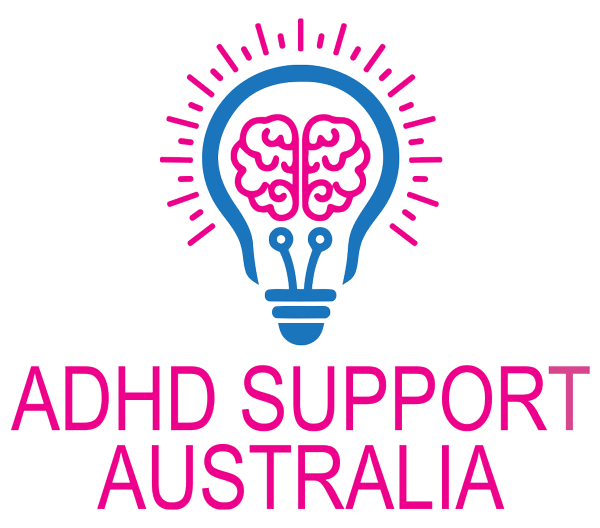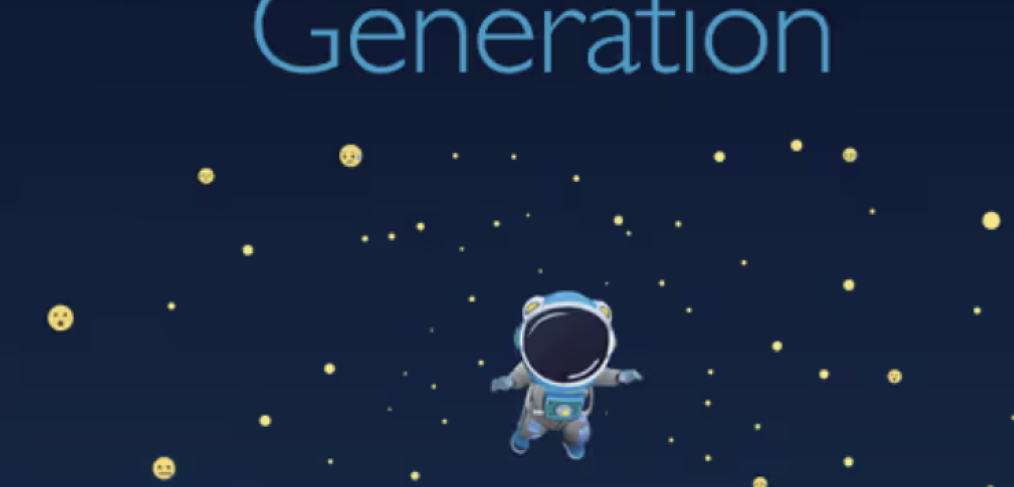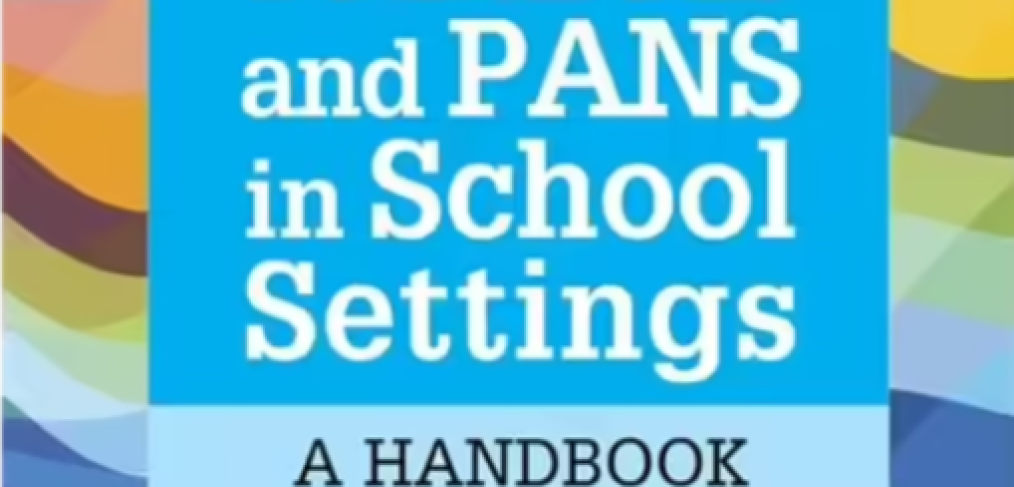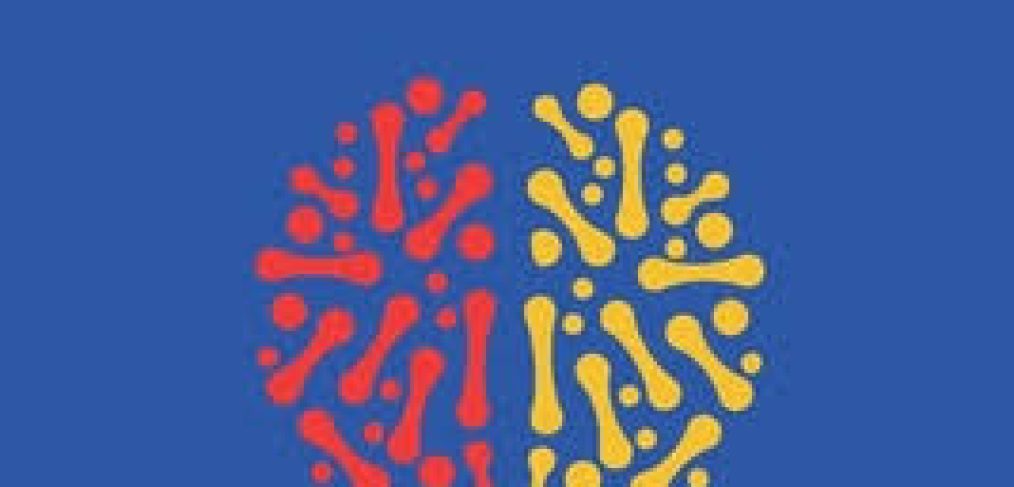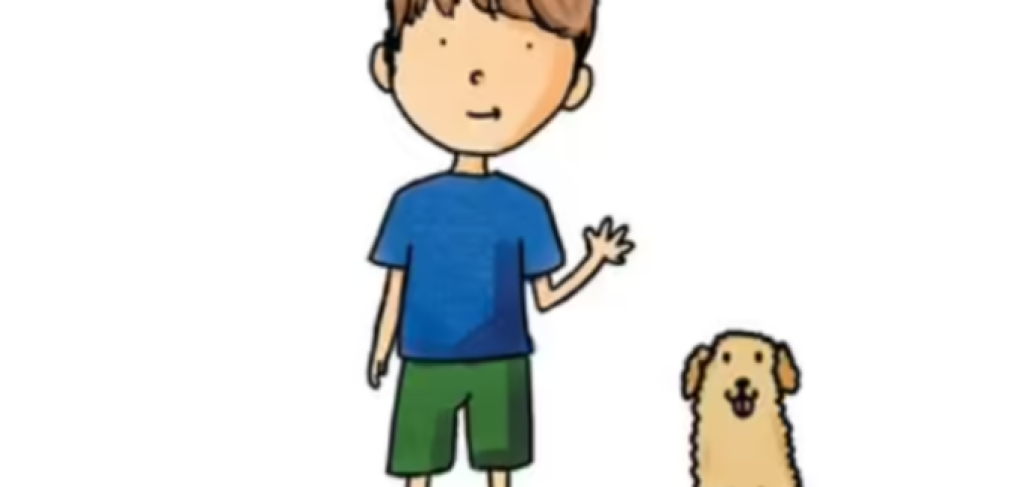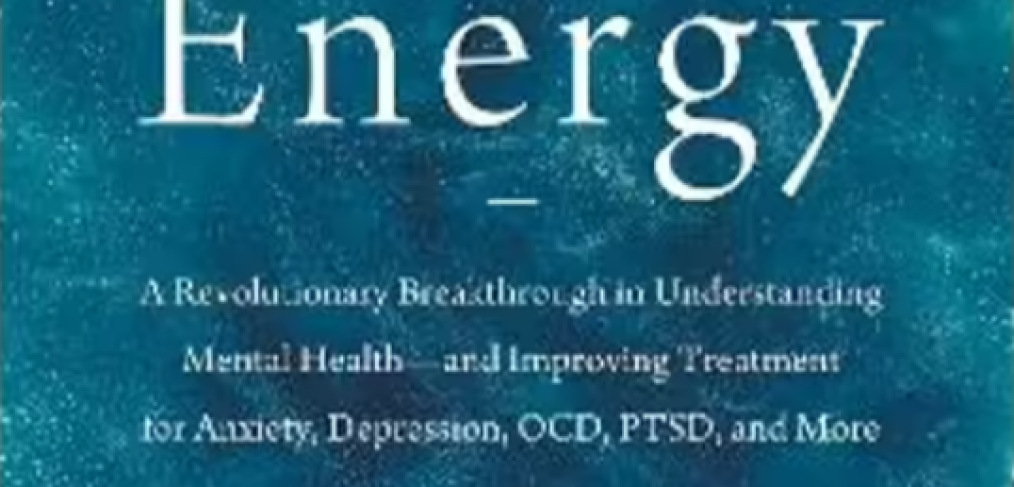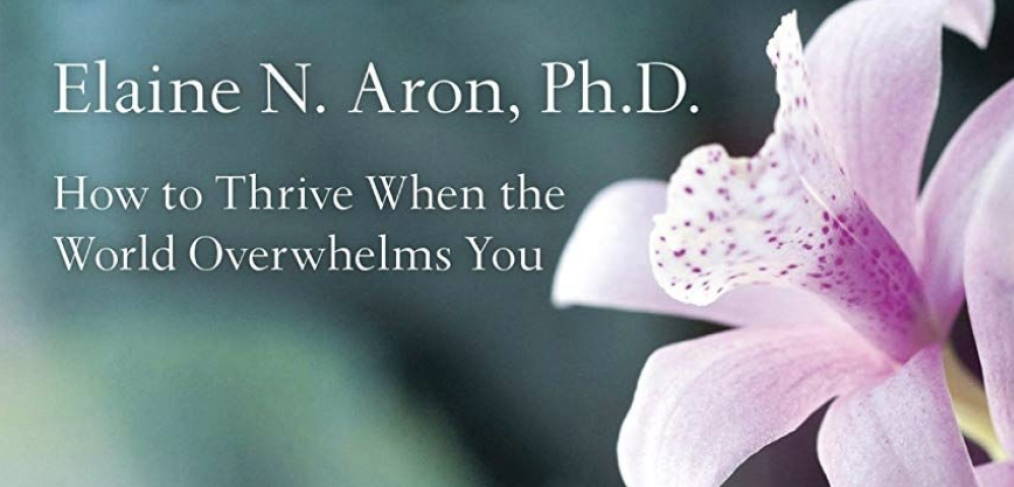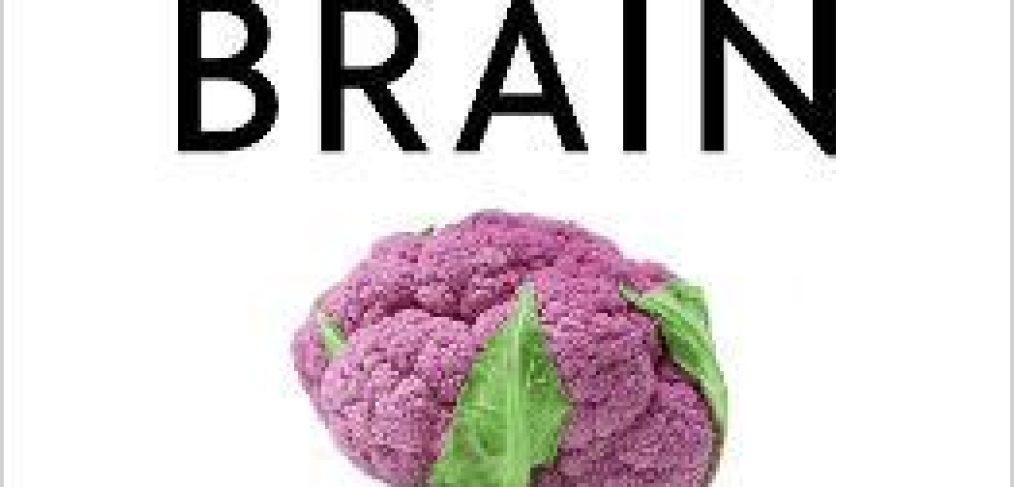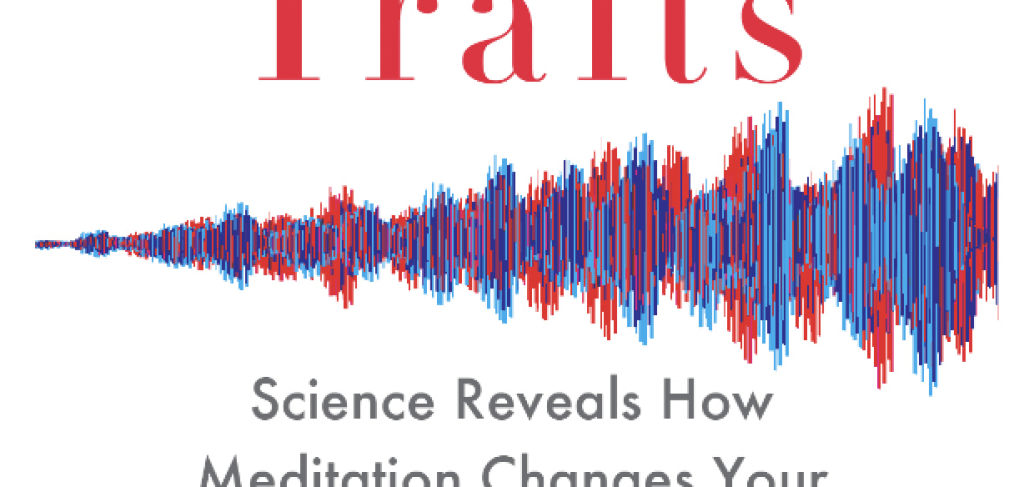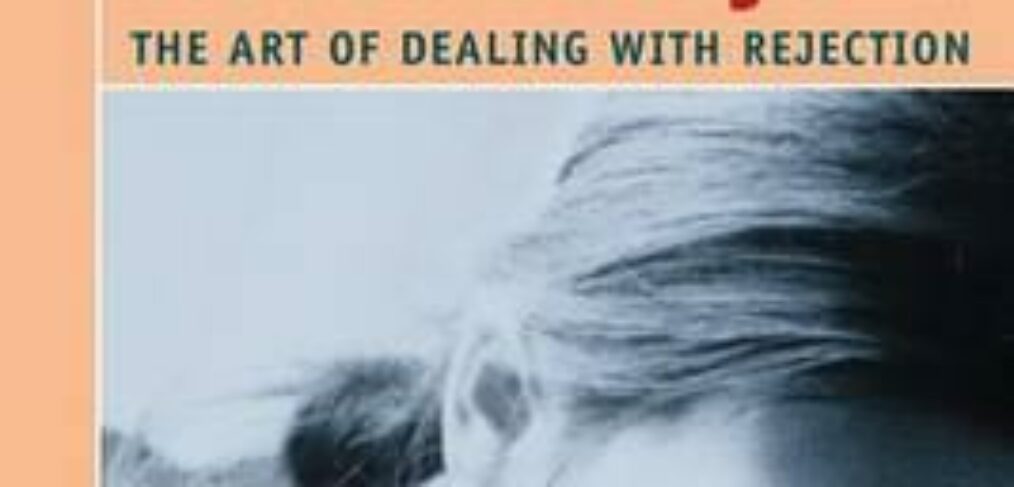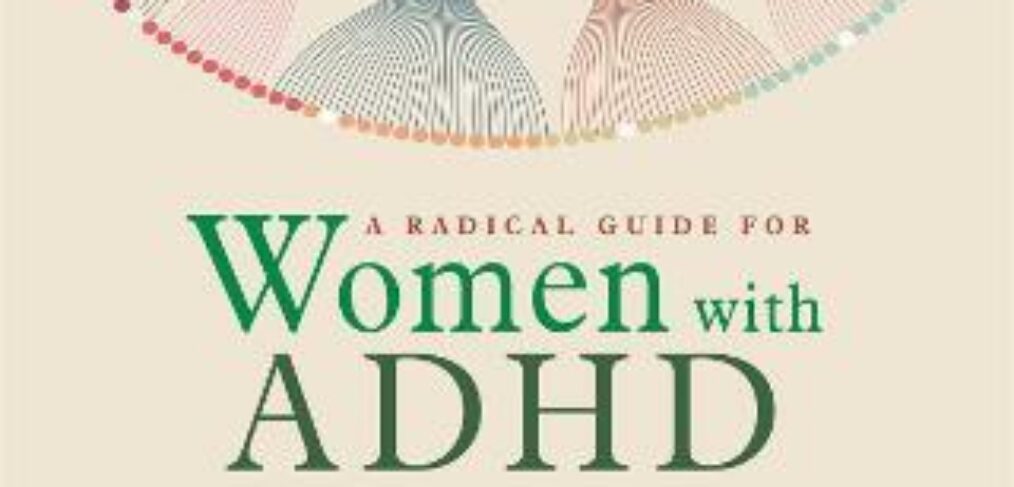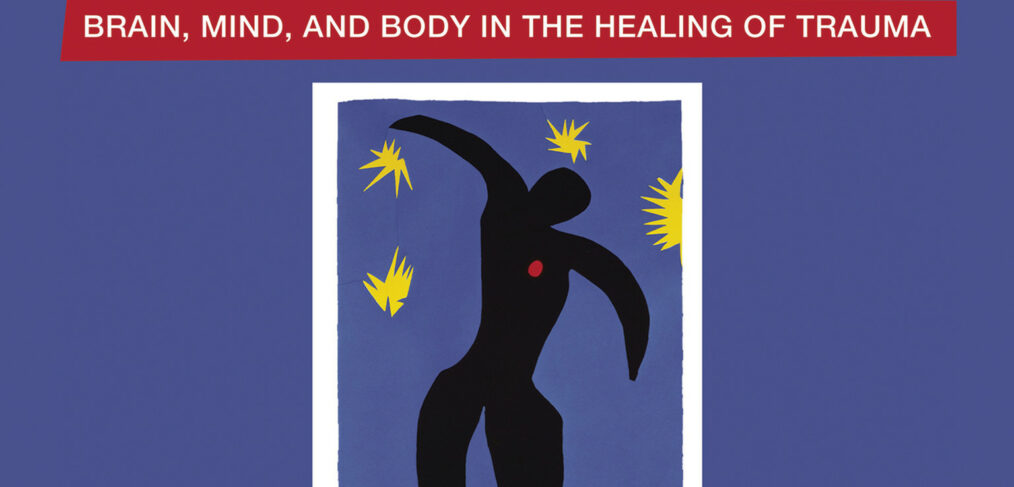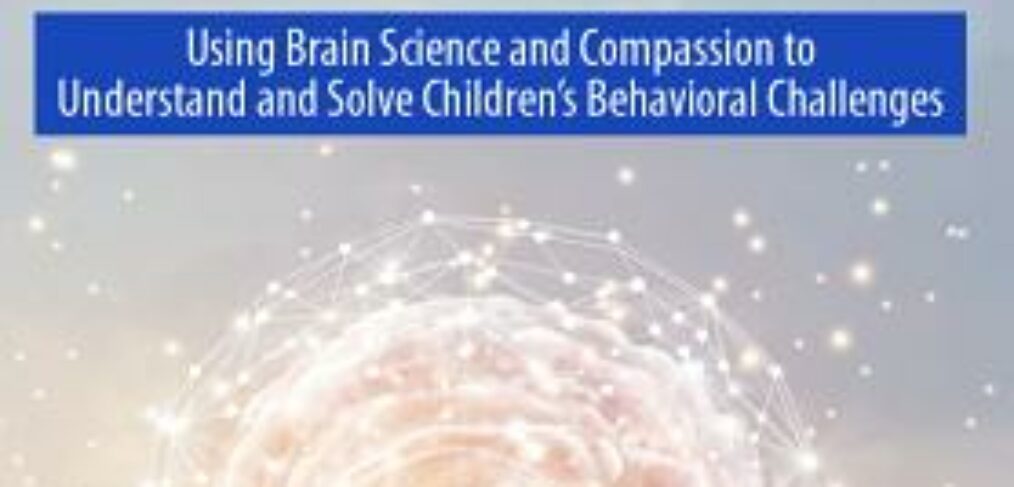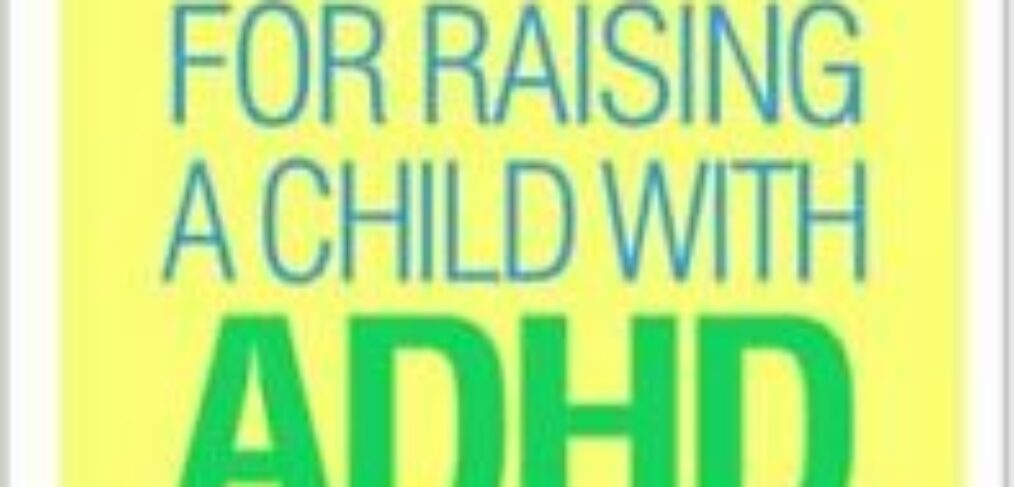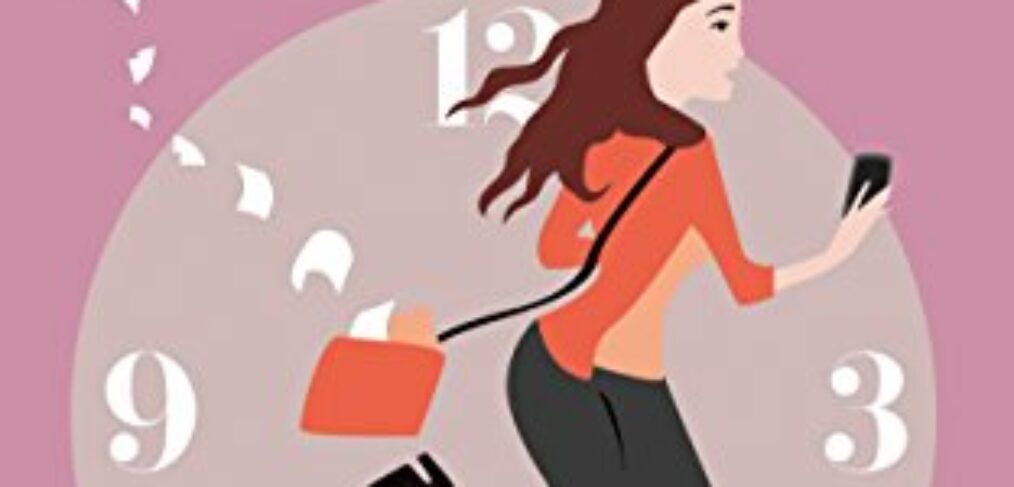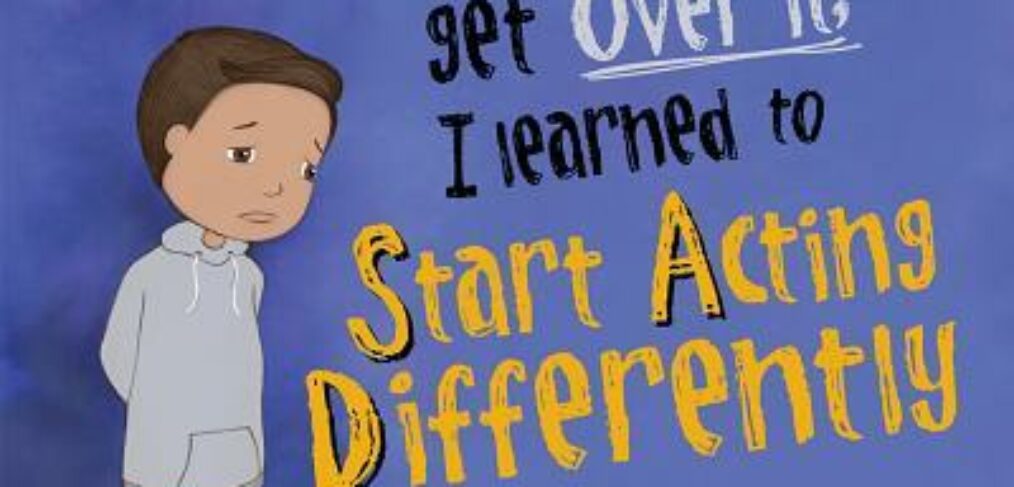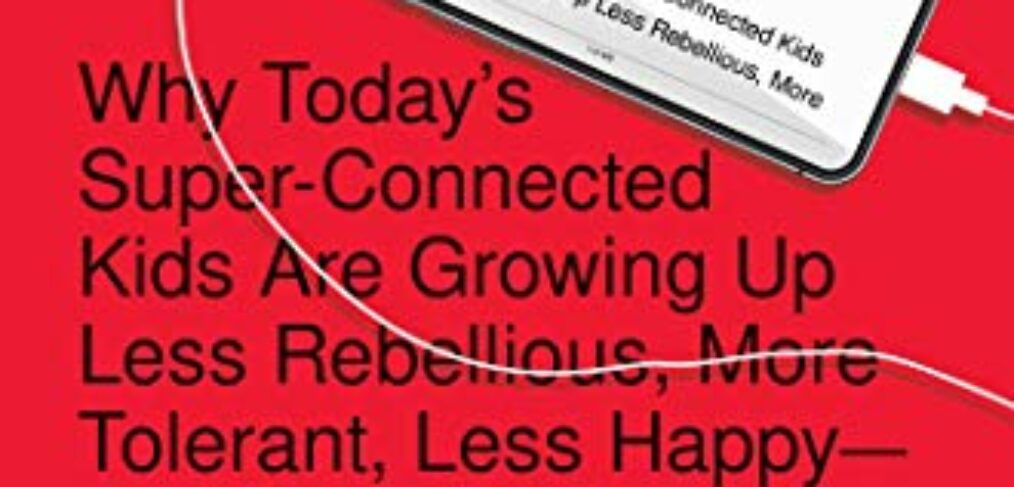This illustrated story helps children aged 3-6 understand the intrusive thoughts that come from OCD, and gives them age-appropriate tools to handle compulsions. It also includes a caregivers’ guide to show adults how to talk to children about OCD and ways to help them overcome it.
50 Fun Activities to Overcome OCD with CBT and Exposures
Show OCD who’s boss!
Using the exercises in this book, you’ll learn how to spot when OCD is stirring up trouble, and how to stop it in its tracks. All 50 activities are designed by an expert therapist for kids aged 8-12 to help you grow your skills to take down OCD – starting with how to recognise compulsions, and building up to using exposure so you can tackle OCD even when it’s sleeping. This book also contains helpful info for parents and carers so they can be effective backup while you’re working on your anti-compulsion skills.
Why does your toddler get upset when his or her routine is disrupted? Why do they follow you from room to room and refuse to play on their own? Why are daily routines such as mealtimes, bath time, and bed time such a struggle?
Overcoming Social Anxiety from Childhood to Adulthood
Bestselling author and therapist Natasha Daniels memoir of her experience with social anxiety from childhood through to adulthood and parenthood.Join anxiety expert and bestselling author Natasha Daniels as she re-frames her story through a therapists eyes, growing from a socially anxious child to a – well, a socially anxious adult, but one whos learned to tackle it head-on and reclaim her power.
The Anxious Generation
How the Great Rewiring of Childhood Is Causing an Epidemic of Mental Illness
By: Jonathan Haidt
An urgent and insightful investigation into the collapse in youth mental health, from the influential social psychologist and international bestselling author
Jonathan Haidt has spent his career speaking truth and wisdom in some of the most difficult spaces – communities polarized by politics and religion, campuses battling culture wars, and now the mental health emergency hitting teenagers today in many countries around the world.
In The Anxious Generation, Haidt shows how, between 2010 and 2015, childhood and adolescence got rewired. As teens traded in their flip phones for smartphones packed with social media apps, time online soared, including time spent comparing oneself to a vast pool of others. Time engaging face-to-face with friends and family plummeted, and so did mental health.
But this is not just a story about technology; this profound shift took place against a backdrop of declining childhood freedom and free-play, as parents over-supervised every aspect of their children’s lives offline, depriving them of the experiences they most need to become strong and self-governing adults.
In this book, Haidt makes a compelling argument that the loss of play-based childhood and its replacement with a phone-based childhood that is not suitable for human development is the source of increased mental distress among teenagers. The Anxious Generation delves into the latest psychological and biological research to show the four fundamental ways in which a phone-based childhood disrupts development – sleep deprivation, social deprivation, cognitive fragmentation and addiction. Haidt offers separate in-depth analyses of what has happened to girls, and what has happened to boys, offering practical advice for parents, schools, governments, and teens themselves. Drawing on ancient wisdom and cutting-edge research, this eye-opening book is a life raft and a powerful call-to-arms.
About the Author
Jonathan Haidt is a social psychologist and the Thomas Cooley Professor of Ethical Leadership at New York University’s Stern School of Business. He is the author of The Righteous Mind and co-author of The Coddling of the American Mind.
The Body Keeps The Score
Mind, Brain and Body in the Transformation of Trauma
A world expert presents a sympathetic exploration of the causes of trauma and the new treatments making it possible for sufferers to reclaim their lives
What causes people to continually relive what they most want to forget, and what treatments could help restore them to a life with purpose and joy? Here, Dr Bessel van der Kolk offers a new paradigm for effectively treating traumatic stress.
Neither talking nor drug therapies have proven entirely satisfactory. With stories of his own work and those of specialists around the globe, The Body Keeps the Score sheds new light on the routes away from trauma – which lie in the regulation and syncing of body and mind, using sport, drama, yoga, mindfulness, meditation and other routes to equilibrium.
About the Author
Dr Bessel van der Kolk is one of the world’s foremost experts on traumatic stress. He is the founder and medical director of the Trauma Center in Boston, USA, and the director of the Complex Trauma Treatment Network. A past professor of psychiatry at Boston University Medical School, Dr van der Kolk is the author of several scholarly books and over a hundred scientific articles.
Parents’ Guide to PANDAS, PANS, and Related Neuroimmune Disorders
Having a child who suddenly develops PANDAS (Pediatric Autoimmune Neuropsychiatric Disorders Associated with Strep), PANS (Pediatric Acute-onset Neuropsychiatric Syndrome) or related conditions such as encephalitis can be a daunting challenge for parents. This clear guide explains the symptoms and diagnosis of PANDAS and PANS, with treatment options and recommended strategies for supporting children at home, at school, and in community settings. The book covers key symptoms including OCD, tics, anxiety, sensory issues and personality changes, with practical advice on medical management, nutrition, lifestyle, and addressing social and behavioural needs. Each chapter also includes handy sidebars with key information to remember, and action steps for overcoming challenges, managing relapse, family self-care and providing children with the best possible support.
PANDAS and PANS in School Settings
PANDAS (Pediatric Autoimmune Neuropsychiatric Disorders Associated with Strep) and PANS (Pediatric Acute-Onset Neuropsychiatric Syndrome) occur when an abnormal immune response produces brain inflammation, leading to unusual psychological symptoms in children. Symptoms can include OCD, tics, ADHD, anxiety disorders, sensory issues and marked personality changes.
This practical handbook explains how educators can distinguish between these symptoms and pre-existing conditions, and offers strategies for supporting students with PANDAS and PANS in school settings. Contributions from experts provide educators with the understanding needed to be able to collaboratively identify PANDAS and PANS, and carry out effective interventions. As the rate of incidence of PANDAS and PANS increases, this book will be an essential resource for school staff in getting to grips with these complex disorders and overcoming the challenges they present.
Demystifying PANS/PANDAS
A Functional Medicine Desktop Reference on Basal Ganglia Encephalitis
Demystifying PANS/PANDAS is a unique and long overdue resource in the field of pediatric neurobehavioral health, providing a comprehensive overview of the “three-pronged approach” to assessment and care, conventional and naturopathic interventions, a trove of case studies, and plenty of clinical pearls along the way.
Even more importantly, this book provides a roadmap for practitioners and families feeling confused and isolated by this condition, empowering them to make better decisions and sparking a greater conversation about this devastating illness.
My Story About PANS/PANDAS
The Invisible Load
By: Dr. Libby Weaver
The ultimate guide to overcoming stress and overwhelm.
It’s common today to hear people talk about how they feel overwhelmed. There are also plenty who put on a brave face, when behind closed doors it’s a different story.
Where is this stress coming from? Is it really our tasks, duties and responsibilities—or is it something deeper? And why are stress levels continuing to rise?
The answer: our invisible loads.
Our invisible load is the stress we carry, that no one sees, that drives how we think and feel. From the physical load on our body, to the emotional load in our mind, this invisible load is what really sits at the heart of our stress. And until we learn to unpack this, reducing our experience of stress will be almost impossible.
ADHD Explained
Your Toolkit to Understanding and Thriving
A NYT best-selling doctor and TikToker offers a collection of quick-read insights to help a newly diagnosed generation understand ADHD
With a new wave of adult ADHD diagnoses sweeping the world, many are beginning to discover what it is that sets them apart, but few have learnt what it takes to thrive…
World-renowned ADHD expert, bestselling author, and TikTok sensation Dr Edward M. Hallowell (aka Dr Ned) demystifies the deeply misunderstood diagnosis of ADHD and offers insight on the minefield of questions that can arise. What does ADHD tell us about our brains, and how we think and act? Can it limit opportunities and connection? Does it offer cerebral superpowers? What strategies can help to lessen the difficulties of ADHD and instead boost its benefits?
This is a fast-track introduction to ADHD – what it is, how it manifests, and ways to cope – inspired by Dr Ned’s viral videos, better known as ‘NedTalks’. Transform your understanding of ADHD and learn to thrive through simple science and must-know life hacks. An easy-to-follow structure and engagingly designed and illustrated spreads, ADHD Explained disseminates knowledge and the latest scientific findings in a style particularly suited to ADHD readers. As both an ADHD expert, and ADHD-diagnosed himself, Dr Ned blends a medical and personal take on the topic in this groundbreaking guide.
About the Author
Dr Edward M. Hallowell is a board-certified psychiatrist, a world-renowned keynote speaker, and the NYTs bestselling author of more than 20 books, including Driven to Distraction (with John J. Ratey, selling over a million copies), which sparked a revolution in our understanding of ADHD. A regular columnist for ADDitude magazine, he is also the host of the podcast Distraction and chronicles advice and personal experiences of ADHD as viral “Ned Talks” on TikTok (171.6K followers, 1M likes). He is the founder of The Hallowell Centers in Boston MetroWest, New York City, San Francisco, and Seattle.
Brain Energy
A Revolutionary Breakthrough in Understanding Mental Health–and Improving Treatment for Anxiety, Depression, OCD, PTSD, and More
This is the book that will forever change the way we understand and treat mental health.
If you or someone you love is affected by mental illness, it might change your life.
We are in the midst of a global mental health crisis, and mental illnesses are on the rise. But what causes mental illness? And why are mental health problems so hard to treat? Drawing on decades of research, Harvard psychiatrist Dr. Chris Palmer outlines a revolutionary new understanding that for the first time unites our existing knowledge about mental illness within a single framework: Mental disorders are metabolic disorders of the brain.
Brain Energy explains this new understanding of mental illness in detail, from symptoms and risk factors to what is happening in brain cells. Palmer also sheds light on the new treatment pathways this theory opens up–which apply to all mental disorders, including anxiety, depression, ADHD, alcoholism, eating disorders, bipolar disorder, autism, and even schizophrenia. Brain Energy pairs cutting-edge science with practical advice and strategies to help people reclaim their mental health.
This groundbreaking book reveals:
- Why classifying mental disorders as “separate” conditions is misleading
- The clear connections between mental illness and disorders linked to metabolism, including diabetes, heart attacks, strokes, pain disorders, obesity, Alzheimer’s disease, and epilepsy
- The link between metabolism and every factor known to play a role in mental health, including genetics, inflammation, hormones, neurotransmitters, sleep, stress, and trauma
- The evidence that current mental health treatments, including both medications and therapies, likely work by affecting metabolism
- New treatments available today that readers can use to promote long-term healing
Palmer puts together the pieces of the mental illness puzzle to provide answers and offer hope. Brain Energy will transform the field of mental health, and the lives of countless people around the world.
How to cope when the world overwhelms you.
For those people who:
have a keen imagination; are labelled too shy or too sensitive; who perform poorly when being observed even though they are usually competent; have vivid dreams; for whom time alone each day is essential;
and find they are quickly overwhelmed by noise and confusion, crowded parties, hectic office life………….
this is the book to help them understand themselves and how best to cope in various situations.
Highly sensitive people are often very bright and creative but many suffer from low self esteem. They are not ‘neurotics’ as they have been labelled for so long. However, high sensitivity can lead them to cease to engage with the outside world.
The book offers solutions for a happy and fulfilling life. Particularly in the way an HSP perceives his or herself: the book helps to ‘reframe’ past events, such as a difficult childhood, or how they see themselves – ie. shy.
Particularly strong material for those raising a sensitive child
The surprisingly dramatic role of nutrition in our mental health, and how diet and micronutrients can be used to help treat and prevent anxiety, depression, ADHD and other mental health disorders.
‘The Better Brain is the first book that will tell you both how and why nutrients can be used to treat mental-health issues. We are scientists who’ve uncovered that many symptoms of anxiety, depression, ADHD, PTSD and more are caused by suboptimal nutrition. We’ve been doing research and clinical studies on this crucial topic for decades, yet we have never published our findings for a general audience before. Following our lectures and Julia’s TEDx Talk, we get asked questions all the time about our findings and why nutrients are so important for our brains. People want to know more. They’re desperate for answers. This is our solution.’
Leading scientists Bonnie Kaplan and Julia Rucklidge have dedicated their careers to researching the role that diet and nutrition play in our mental health. Together they have published several hundred peer-reviewed studies – those from the last two decades reveal the healing power of nutrients and the surprising role they play in brain health.
In this paradigm-shifting book, Kaplan and Rucklidge share their groundbreaking research for the first time and explain how to feed your brain to stabilise your mood, stave off depression and make yourself more resilient to daily stress. The Better Brain also reveals the hidden causes of the rising rates of depression, from the nutrients in our soil to our reliance on processed food. It explains why a diet rich in fresh fruits, vegetables, pulses, fish and olive oil is healthiest for your brain, and why some people benefit from supplementary minerals and vitamins added to such a diet. Complete with a nutritional plan and thirty delicious, mood-boosting recipes, this book will be a complete guide to a healthier, happier brain.
Two New York Times-bestselling authors unveil new research showing what meditation can really do for the brain.
In the last twenty years, meditation and mindfulness have gone from being kind of cool to becoming an omnipresent Band-Aid for fixing everything from your weight to your relationship to your achievement level. Unveiling here the kind of cutting-edge research that has made them giants in their fields, Daniel Goleman and Richard Davidson show us the truth about what meditation can really do for us, as well as exactly how to get the most out of it.
Sweeping away common misconceptions and neuromythology to open readers’ eyes to the ways data has been distorted to sell mind-training methods, the authors demonstrate that beyond the pleasant states mental exercises can produce, the real payoffs are the lasting personality traits that can result. But short daily doses will not get us to the highest level of lasting positive change–even if we continue for years–without specific additions. More than sheer hours, we need smart practice, including crucial ingredients such as targeted feedback from a master teacher and a more spacious, less attached view of the self, all of which are missing in widespread versions of mind training. The authors also reveal the latest data from Davidson’s own lab that point to a new methodology for developing a broader array of mind-training methods with larger implications for how we can derive the greatest benefits from the practice.
Exciting, compelling, and grounded in new research, this is one of those rare books that has the power to change us at the deepest level.
Who hasn’t felt the sting of rejection?
It doesn’t take much for your feelings to get hurt-a look or a tone of voice or certain words can set you ruminating for hours on what that person meant. An unreturned phone call or a disappointing setback can really throw you off your center. It’s all too easy to take disappointment and rejection personally. You can learn to handle these feelings and create positive options for yourself.
Don’t Take It Personally! explores all forms of rejection, where it comes from, and how to overcome the fear of it. Most of all, you’ll learn some terrific tools for stepping back from those overwhelming feelings. You’ll be able to allow space to make choices about how you respond.
-Understand the effect that anxiety, frustration, hurt, and anger have on your interactions with others.
-De-personalize your responses and establish safe personal boundaries that protect you from getting hurt.
-Practice making choices about the thoughts you think and the ways you respond to stressful situations.
-Understand and overcome fear of rejection in personal and work relationships.
Elayne Savage explores with remarkable sensitivity the myriad of rejection experiences we experience with friends, co-workers, lovers, and family. Because her original ideas have inspired readers around the world, Don’t Take It Personally! has been published in six languages.
Live boldly as a woman with ADHD! This radical guide will show you how to cultivate your individual strengths, honour your neurodiversity, and learn to communicate with confidence and clarity.
If you are a woman with attention deficit/hyperactivity disorder (ADHD), you’ve probably known-all your life-that you’re different. As girls, we learn which behaviours, thinking, learning and working styles are preferred, which are accepted and tolerated and which are frowned upon. These preferences are communicated in innumerable ways-from media and books to our first-grade classroom to conversations with our classmates and parents.
Over the course of a lifetime, women with ADHD learn through various channels that the way they think, work, speak, relate, and act does not match up with the preferred way of being in the world. In short, they learn that difference is bad.
And, since these women know that they are different, they learn that they are bad.
It’s time for a change.
A Radical Guide for Women with ADHD is the first guided workbook for women with ADHD designed to break the cycle of negative self-talk and shame-based narratives that stem from the common and limiting belief that brain differences are character flaws. In this unique guide, you’ll find a ground-breaking approach that blends traditional ADHD treatment with contemporary treatment methods, such as acceptance and commitment therapy (ACT), to help you untangle yourself from the beliefs that have kept you from reaching your potential in life.
If you’re ready to develop a strong, bold, and confident sense of self, embrace your unique brain-based differences, and cultivate your individual strengths, this step-by-step workbook will help guide the way.
The Body Keeps the Score
What causes people to continually relive what they most want to forget, and what treatments could help restore them to a life with purpose and joy? Here, Dr Bessel van der Kolk offers a new paradigm for effectively treating traumatic stress.
Neither talking nor drug therapies have proven entirely satisfactory. With stories of his own work and those of specialists around the globe, The Body Keeps the Score sheds new light on the routes away from trauma – which lie in the regulation and syncing of body and mind, using sport, drama, yoga, mindfulness, meditation and other routes to equilibrium.
Beyond Behaviours : Using Brain Science and Compassion to Understand and Solve Children’s Behavioural Challenges
A PARADIGM SHIFT FOR CAREGIVERS THAT WILL REVOLUTIONIZE THE WAY YOU APPROACH, TREAT OR PARENT A CHILD WITH CHALLENGING OR EXPLOSIVE BEHAVIOURS.
When you are confronted with a child who is troubled, disruptive, oppositional, defiant or angry – whether you are a parent or a teacher – it can be difficult to know the best way to support them. Traditional methods of ‘shaping’ a child’s behaviour can often be at best ineffective, at worst distressing, for child and adult alike.
Drawing on 30 years of experience, internationally known paediatric psychologist Dr Mona Delahooke describes these troubled behaviours as the ‘tip of the iceberg’, important signals that point to deeper, individual differences in the child that we need to understand and address before we can resolve behavioural challenges. Using the very latest neuroscientific research Beyond Behaviours makes the case that many children who can’t seem to behave simply don’t have the developmental capacity to do so – yet.
This book uses neuroscientific findings to help you deconstruct behaviour challenges, and to discover their cause and triggers for your child. It will show you how to apply this knowledge across a variety of behaviour spectrums, from children diagnosed with autism or other forms of neurodiversity, to those who might have been exposed to toxic stress or trauma during their early years. There are practical strategies to implement at every stage, backed up by impactful worksheets and charts, with a strong emphasis not on ‘managing’ behaviour, but instead on helping children and families build positive experiences to counteract the stress and pressure felt by everybody when you’re working, or living, with a child who has behavioural challenges.
Accessible, practical, warmly supportive and steeped in research and clinical expertise, Beyond Behaviours offers a break-through book which guides us – parents and caregivers alike – to the realisation that the most important tool in our toolkit is always our connection with the child standing in front of us.
12 Best Principles for Raising a Child with ADHD
Over decades of research and work with thousands of families, Russell A. Barkley has become a leading authority on attention-deficit/hyperactivity disorder (ADHD) in kids and teens. He has learned what a huge difference parents can make in supporting their children’s success–as well as how overwhelming it can be. This concise guide presents 12 key parenting principles for dealing with common behavioural, emotional, and school challenges. By cultivating a mindset of acceptance and compassion–together with an understanding of the executive function deficits of ADHD–you can strengthen your loving connection with your child and help your whole family thrive. Filled with practical suggestions and quick-reference lists and tips, this is the perfect book to read cover to cover or pick up any time you need extra support.
When I Couldn’t Get Over It I Learned to Start Acting Differently: A Story About Managing Stress
Kyle is a fourth-grader who sometimes feels blue and out of sorts. He’s not sure why, but he can never bounce back when he gets into a funk. When things go wrong at school or home, he can’t shake it off and just move on. With the help of a kind teacher, Kyle learns how to recognize and manage his sadness by reframing his attitude and learning how to Start Acting Differently. Grades K-6.
iGen : Why Today’s Super-Connected Kids Are Growing Up Less Rebellious, More Tolerant, Less Happy–and Completely Unprepared for Adulthood–and What That Means for the Rest of Us
As seen in Time, USA TODAY, The Atlantic, The Wall Street Journal, and on CBS This Morning, BBC, PBS, CNN, and NPR, iGen is crucial reading to understand how the children, teens, and young adults born in the mid-1990s and later are vastly different from their Millennial predecessors, and from any other generation.
With generational divides wider than ever, parents, educators, and employers have an urgent need to understand today’s rising generation of teens and young adults.
Born in the mid-1990s up to the mid-2000s, iGen is the first generation to spend their entire adolescence in the age of the smartphone. With social media and texting replacing other activities, iGen spends less time with their friends in person-perhaps contributing to their unprecedented levels of anxiety, depression, and loneliness.
But technology is not the only thing that makes iGen distinct from every generation before them; they are also different in how they spend their time, how they behave, and in their attitudes toward religion, sexuality, and politics. They socialize in completely new ways, reject once sacred social taboos, and want different things from their lives and careers. More than previous generations, they are obsessed with safety, focused on tolerance, and have no patience for inequality.
With the first members of iGen just graduating from college, we all need to understand them: friends and family need to look out for them; businesses must figure out how to recruit them and sell to them; colleges and universities must know how to educate and guide them. And members of iGen also need to understand themselves as they communicate with their elders and explain their views to their older peers. Because where iGen goes, so goes our nation-and the world.
